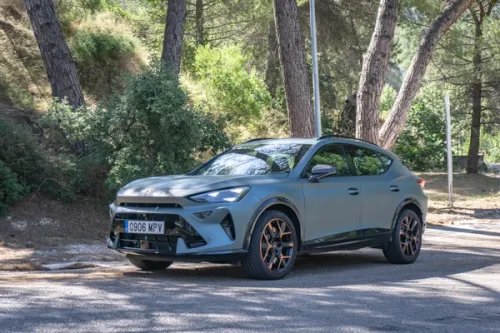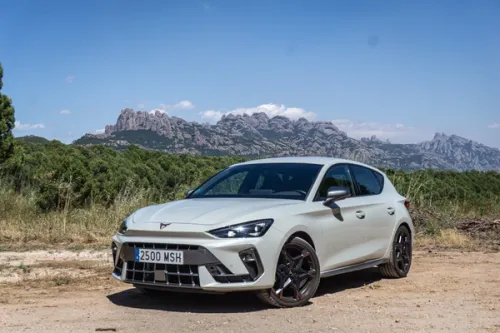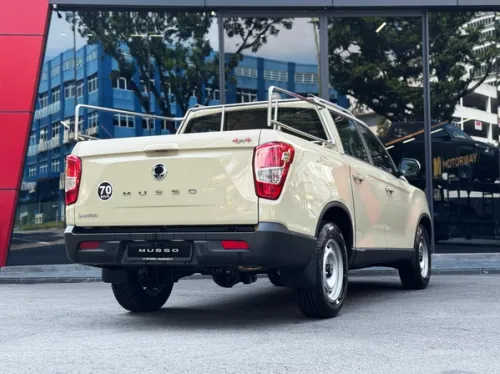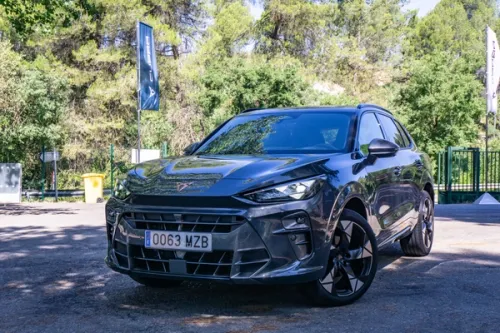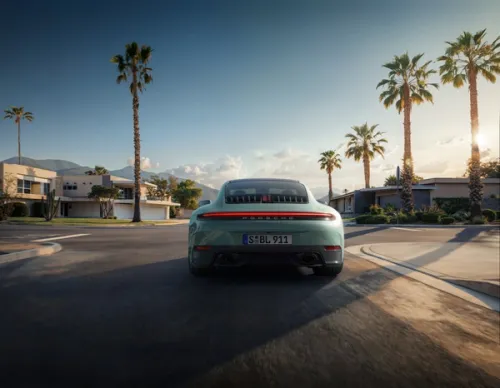Green but not too green
Real-world fuel tests undermine ‘green’ car claims

Current tests used by car makers to determine official fuel economy and carbon dioxide emissions don't provide accurate information for buyers, according to new tests carried out by Channel 4’s motoring website 4Car.
4Car carried out real-world fuel economy tests on eight low-emissions cars and all failed to meet the official figures. Three cars were as much as 10mpg short of the published fuel consumption rates.
The tests examined the Golf Bluemotion, Skoda Fabia Greenline, Mini Cooper D, Honda Civic Hybrid, Toyota Aygo, Ford Focus Econetic, Fiat 500 1.2, BMW 118d, all of which are regarded as low emissions/fuel economy models.
The Golf Bluemotion got closest to its official figures in the 4Car tests, achieving 57.5mpg, only 5.3mpg short of the 62.8mpg return in the government-approved tests. Ford's special low-emission version of its best-selling Focus, the Econetic, returned 54mpg in the 4Car tests – 11.6mpg less than the official figure (see results below).
The tests were carried out under strict conditions in order to achieve consistency. Unlike the official testing regime, which is carried out in a laboratory, 4Car’s tests were conducted on the road to replicate ‘real world’ driving conditions. And unlike the official figures, which simply combine urban and extra urban cycles, 4Car carried out five sets of tests to arrive at an overall consumption figure (see Editor’s notes).
4Car editor Tim Bowdler said: "The official test regime is too simplistic to embrace all the vagaries of real-world operating conditions and it allows certain types of car to look good – too good in fact.
"The batch of cars that we tested all claim to have ‘green’ credentials, but they are not as environmentally friendly or as economical as we've been led to believe.
"Manufacturers argue that the official tests offer a level playing field that enables potential car buyers to make direct comparisons, but they bear little relation to real-world driving. The official figures are misleading and I can’t see manufacturers calling for a change because they know the current tests make their cars look more fuel-efficient and cleaner than they are."
[b]Test results
Model Official mpg/CO2 4Car mpg/CO2[/b]
VW Golf Bluemotion 62.8mpg /119g/km 57.5mpg/130g/km
Toyota Aygo 61.4mpg/109g/km 54.5mpg/122g/km
Fiat 500 1.2 55.4mpg/119g/km 46.5mpg/142g/km
Skoda Fabia Greenline 68.9mpg/109g/km 60mpg/124g/km
BMW 118d 62.8mpg/119g/km 53.5mpg/139g/km
Honda Civic Hybrid 61.4mpg/109g/km 50mpg/133g/km
Mini Cooper D 72.4mpg/104g/km 61mpg/123g/km
Ford Focus Econetic 65.6mpg/115g/km 54mpg/138g/km
[b]4Car Test Cycle[/b]
All test cycles use corrected instrumentation, careful control of weight, simulated traffic halts and fixed rates of acceleration/deceleration, completely unaffected by other traffic. For example, the Urban Test is conducted on a virtually traffic-free route, takes 11.3 minutes, at an average speed of 17mph; it comprises 12 stops, plus three ‘street corners’ at 10mph, as well as brief period at 30-40 mph. The car is stationary for 180 seconds in total – 26.5% of the time.
Three modes – Suburban, Brisk and Gentle – include a cold start from a realistic (for the UK) 10degrees C. The routes are circular and the tests were not conducted in the wet or at significant wind speeds, with the car’s air-conditioning and electrical consumers (heated screens, etc) off.
Our average or overall consumption is arrived at by combining 10% Urban, 15% Suburban and 25% each for the other three – Motorway, Brisk/out-of town and Gentle/rural driving
Credits: Jarvis


Get the Best Price for your used car
from 500+ dealers in 24 hours

- Convenient and Hassle-Free
- Consumer Protection
Transparent Process
With No Obligation
